
At Arches Audiology, we care about accessible hearing healthcare, and empowering people and communities.
Our patient-centred care approach and philosophy ensures that your unique communication requirements are carefully considered during assessment and when developing a hearing management plan tailored for you.
FAMILY
LIFELONG LEARNING
COMMUNITY
Discover sound connections
Having good hearing helps you to live life to its fullest, and the benefits of good hearing makes a world of difference.
We are here to assist you in ways that help strengthen your relationships with the people you care for.
We are here for you
Meet Seray, your local and independent Audiologist.
We have a passion for helping people achieve their hearing and communication goals, and we look forward to being a part of your building sound connections journey.
Wherever you are
Clinics are located in City of Monash suburb of Mulgrave, Churchill in regional Victoria and Sale, land of the Gunaikurnai People.
Telehealth virtual appointments and mobile service to homes, hospitals, workplaces and more are available.
Together we can stay connected to the things we love

Building Sound Connections
〰️
Building Sound Connections 〰️
Building Sound Connections — as we wrap up 2025, I wanted to share a brief reflection, my sincere thanks, and what we’re building next.
2025 is a year I’m genuinely proud of — not because it was perfect, but because it was purposeful.
One of the most meaningful experiences was spending a week in Cambodia volunteering on a Community Needs Assessment, visiting schools and connecting with not-for-profit ear and hearing organisations. It was humbling, perspective-shifting, and reinforced something I hold strongly: access to hearing care can change the course of a life.
That trip also brought clarity about my role. The clinicians and organisations already working in Cambodia are doing extraordinary, life-changing work, and my contribution is best placed in supporting and advocating for the programs already on the ground. It also highlighted what we can do here at home. In Australia, there is more we can do to improve access to affordable, effective hearing care — which is why, in collaboration with the Rotary Club of Springvale City, we’ll be promoting the Hearing Aid Bank in 2026. Our goal is simple: help more people access hearing aids and support better outcomes, confidence, and connection. After all, misunderstandings and misinterpretations can profoundly shape how we build — or lose — sound connections.
This year also brought recognition I will carry with me: receiving a Paul Harris Fellow certificate and lapel pin, and being named co-winner of the Independent Audiologists Australia Community Champion Award. I’ve taken these honours as a reminder that community-centred care matters — and that showing up consistently makes a difference.
I spoke more this year too — presenting on leveraging AI in the workplace ‘Achieve more with less: how you can use AI to your advantage’ , being a guest speaker at the SCCFA AGM, completed Lifeline’s 63km Out of the Shadows Walk, and joined the Khmer Professionals Network. A standout moment was the SCCFA Inaugural Gala Night in Phnom Penh, alongside the principals and teachers from the Pailin and Kratie schools we visited — a powerful reminder of what community and shared purpose can create.
At the heart of everything, though, are the people and families I work with. I’m grateful for the trust, the kind feedback, and the opportunity to support a wide range of needs — from premium hearing aids and CROS systems, to fully subsidised options and auditory processing therapy — because better hearing should be accessible, and our care must continue to evolve alongside advances in auditory neuroscience.
Behind the scenes at Arches Audiology, we also strengthened our sustainability by hiring admin support and bringing on an additional audiologist. This creates more capacity, greater consistency, and an even better experience for clients.
As we close out the year, I’m deeply grateful — to everyone who trusted me, supported me, collaborated with me, and reminded me what impact looks like. Thank you to the General Practitioners, ENT Specialists, Audiologists, Speech Pathologists, Psychologists, Physiotherapists and Paediatricians for your referrals, and most of all, to the patients and families for independently choosing a Female Founded, Independent Audiology Clinic that is 100% Australian owned, is patient-centred and family-centred and community-outcomes driven. I’m also very grateful to Ramahyuck District Aboriginal Corporation in Sale for entrusting me to deliver audiology services for the past 7 years and to Churchill Family Practice for the past 2 years. As demand for our services grows in a non-uniform manner, our Mulgrave clinic will now have two audiologists whilst our regional clinic will be reducing in the short-term.
We’re heading into 2026 with greater clarity and a stronger foundation, actively working toward our clinical and professional goals of serving the ear and hearing healthcare needs of children and adults, in-clinic and virtually, in Australia and Overseas, now and into the future.
Here’s to more connection, more access, and more life-changing hearing moments in 2026.
#Audiology #BuldingSoundConnections #Independence #IndependentAudiologist #HearingHealth #AccessToCare #Community #SmallBusiness #Healthcare #FemaleFounded
End of Year Wrap Up Photo Gallery
Hear the latest from Arches Audiology
The latest news, developments and insights from our team.
New Video Launch Day | World Hearing Awareness Day 2025
Empower yourself to make ear and hearing care a reality for all
It is World Hearing Awareness Day 2025 and it happens to coincide with our new video - check out the video here!
Today, we would like you to think about your ears and your auditory system including your hearing and balance.
To read more about why this day is so important to our Founder, Seray Lim, and other audiologists, please visit Audiology Australia's website: Why is World Hearing Day so important? - Audiology Australia
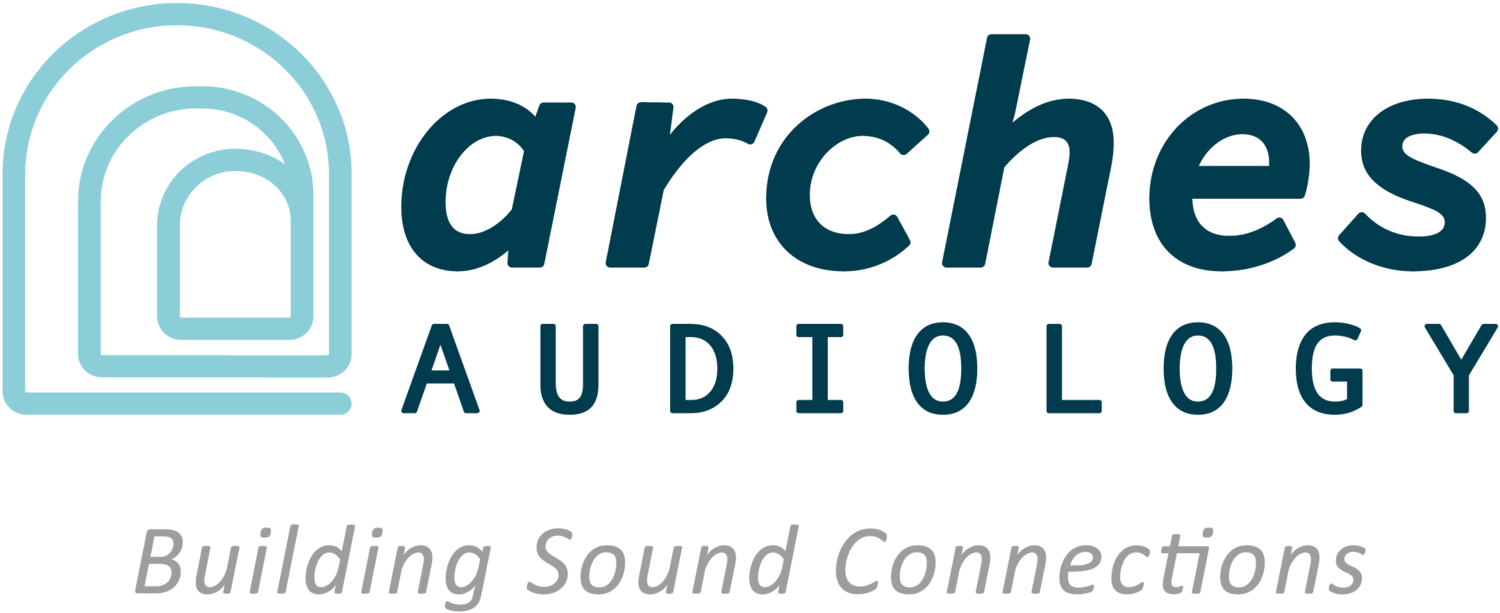






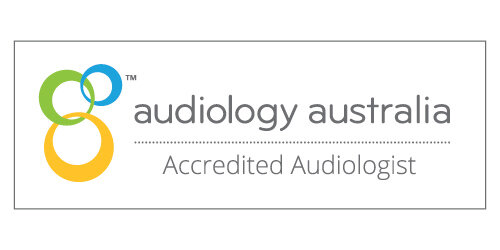
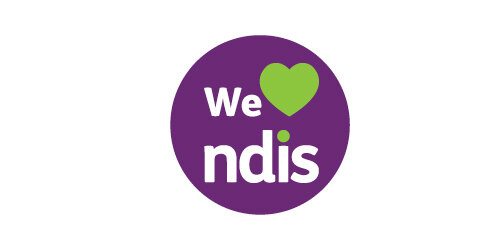
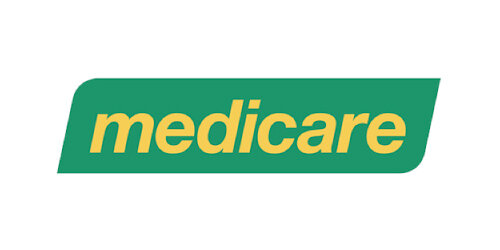










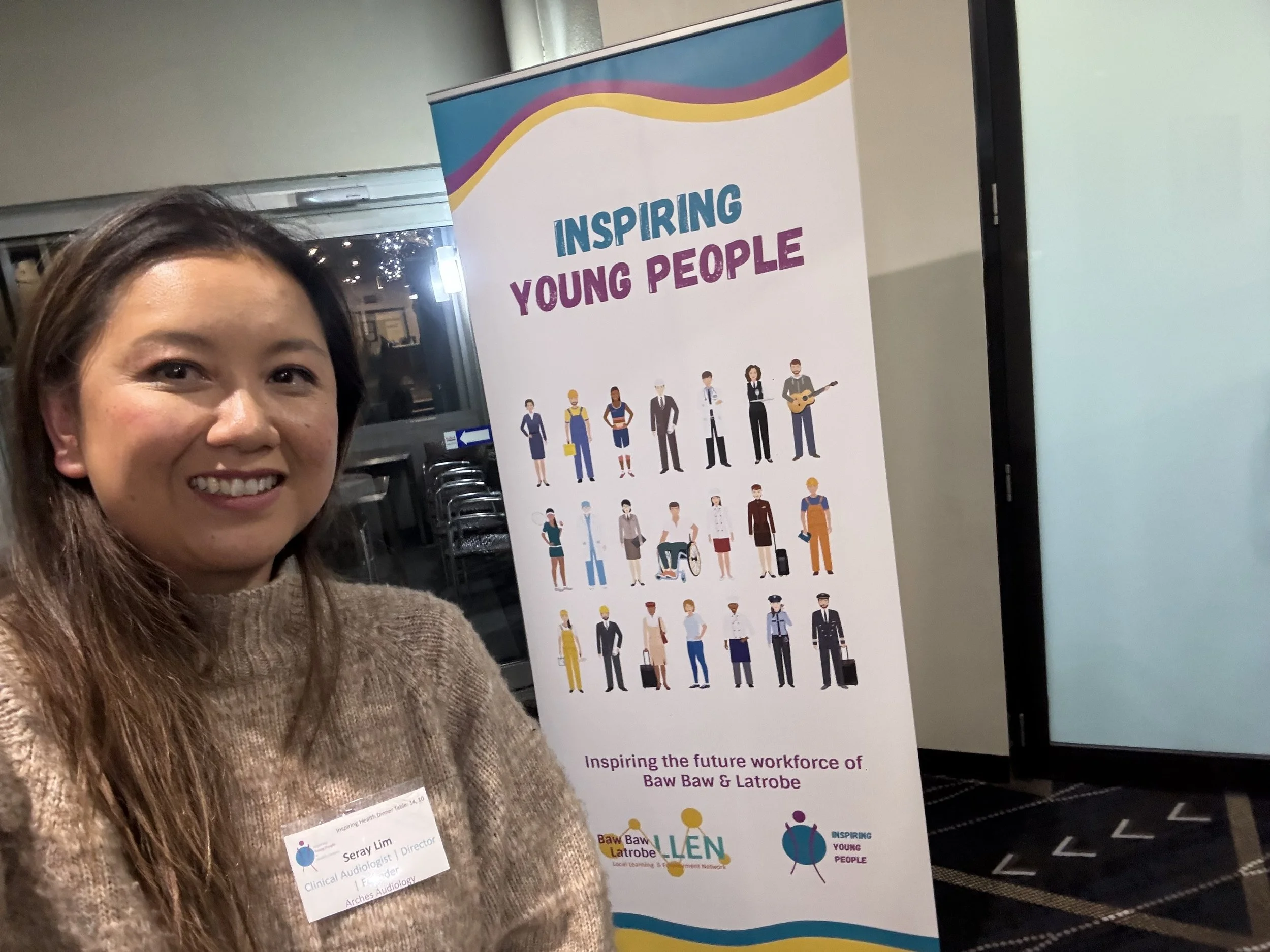
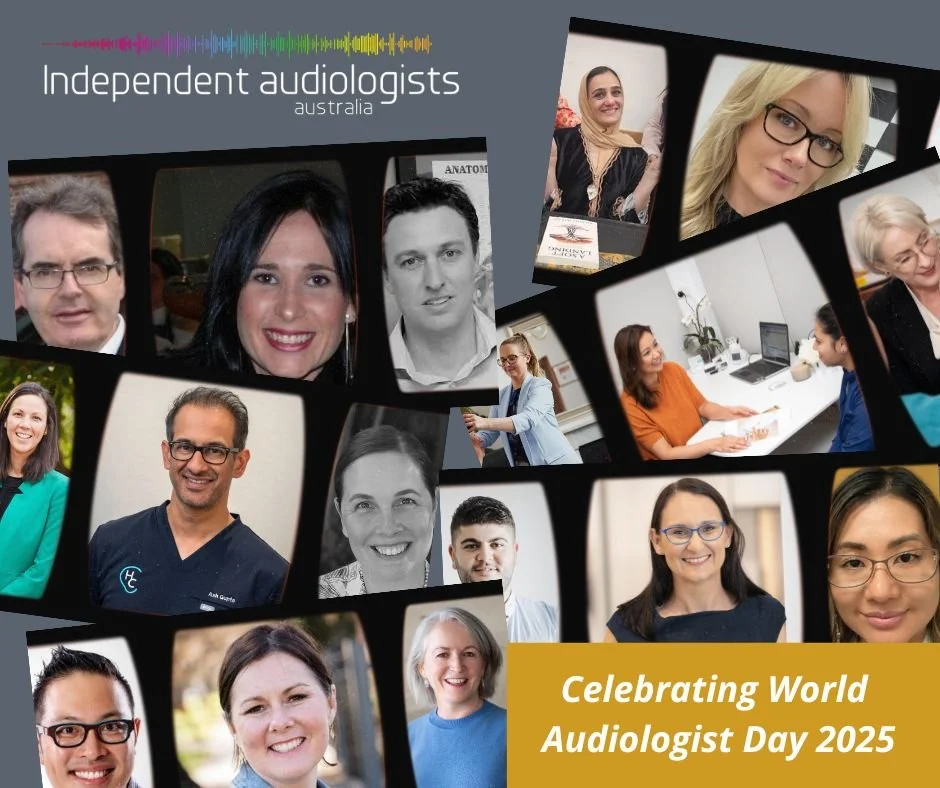
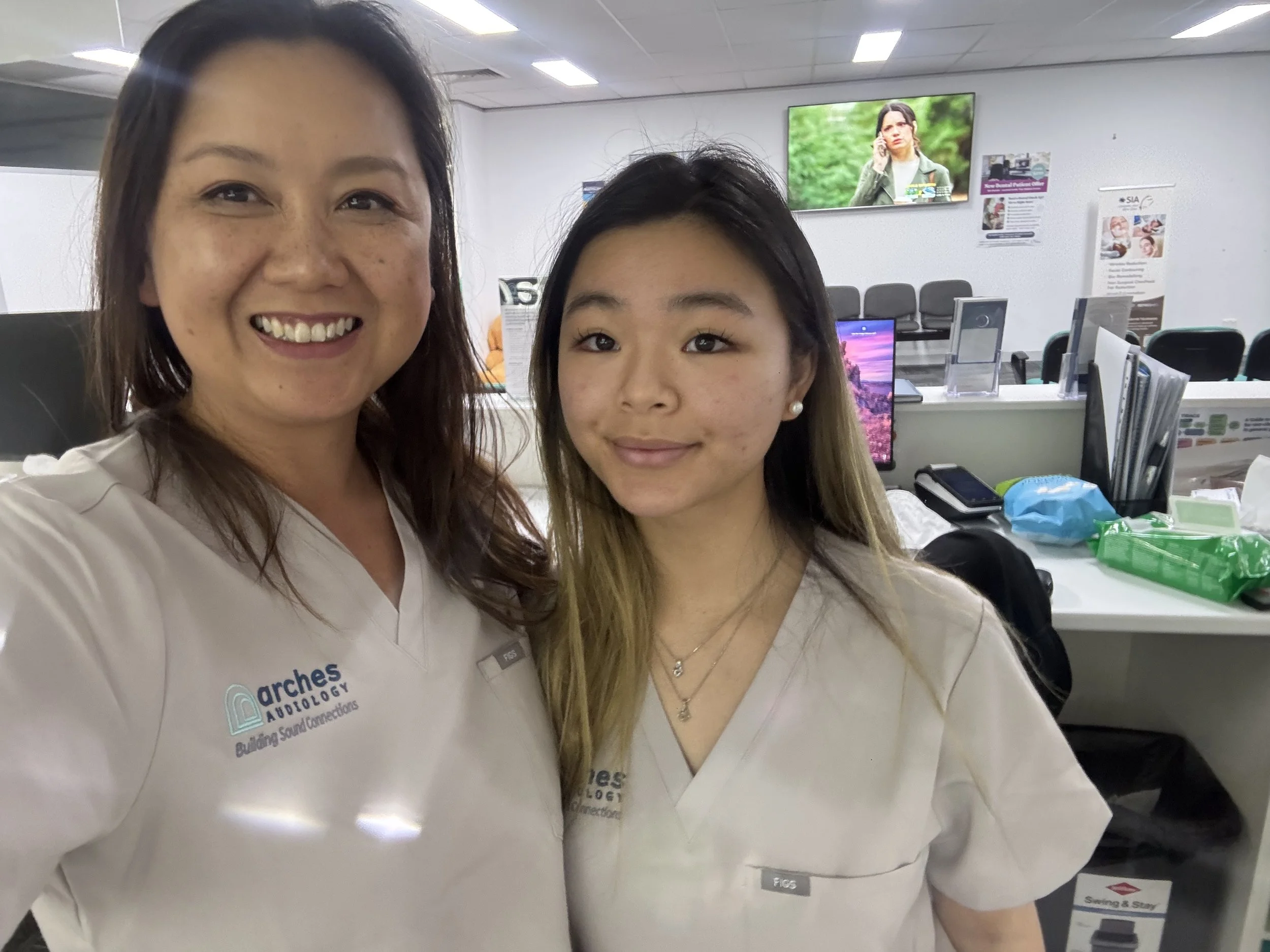

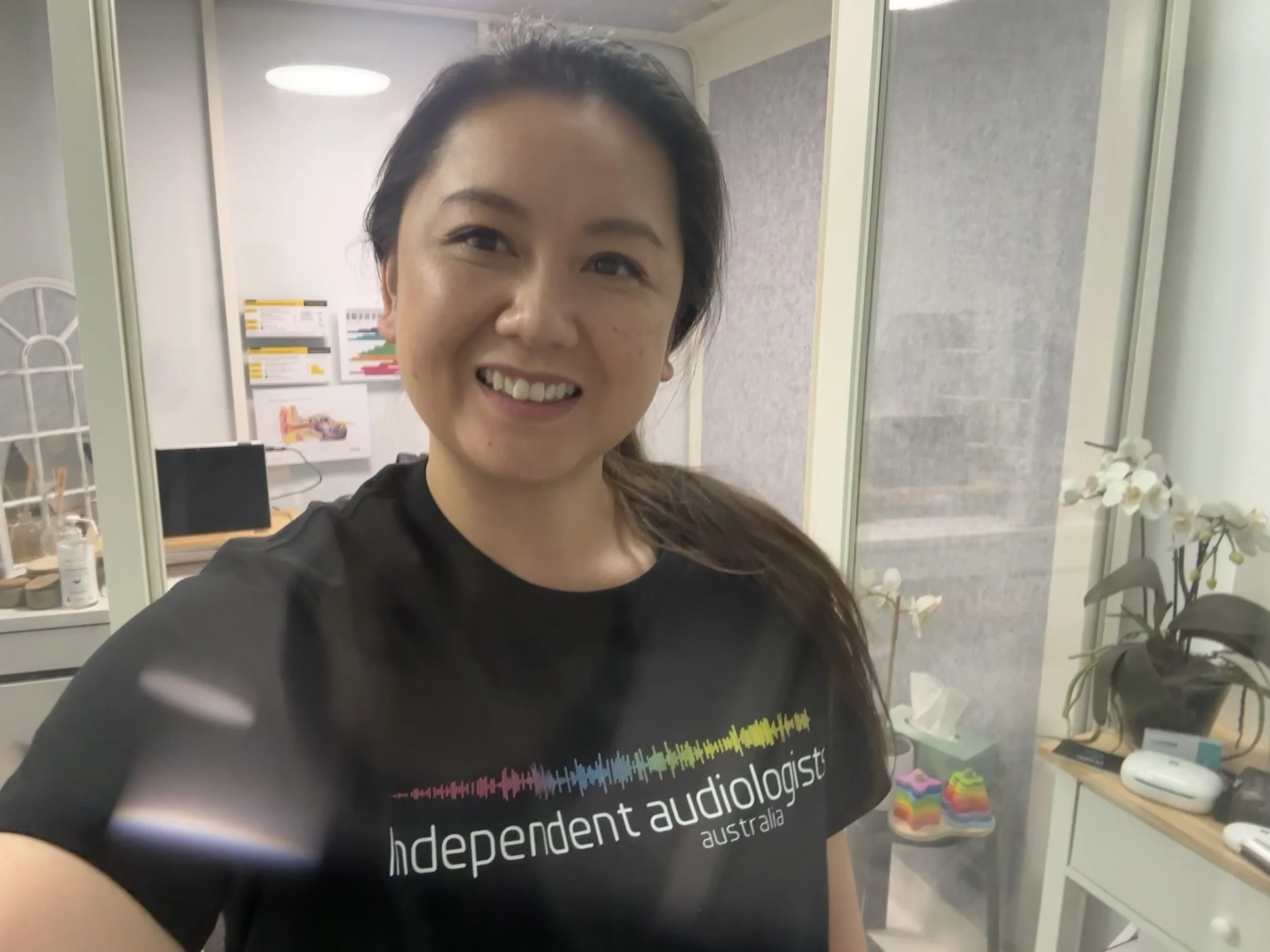
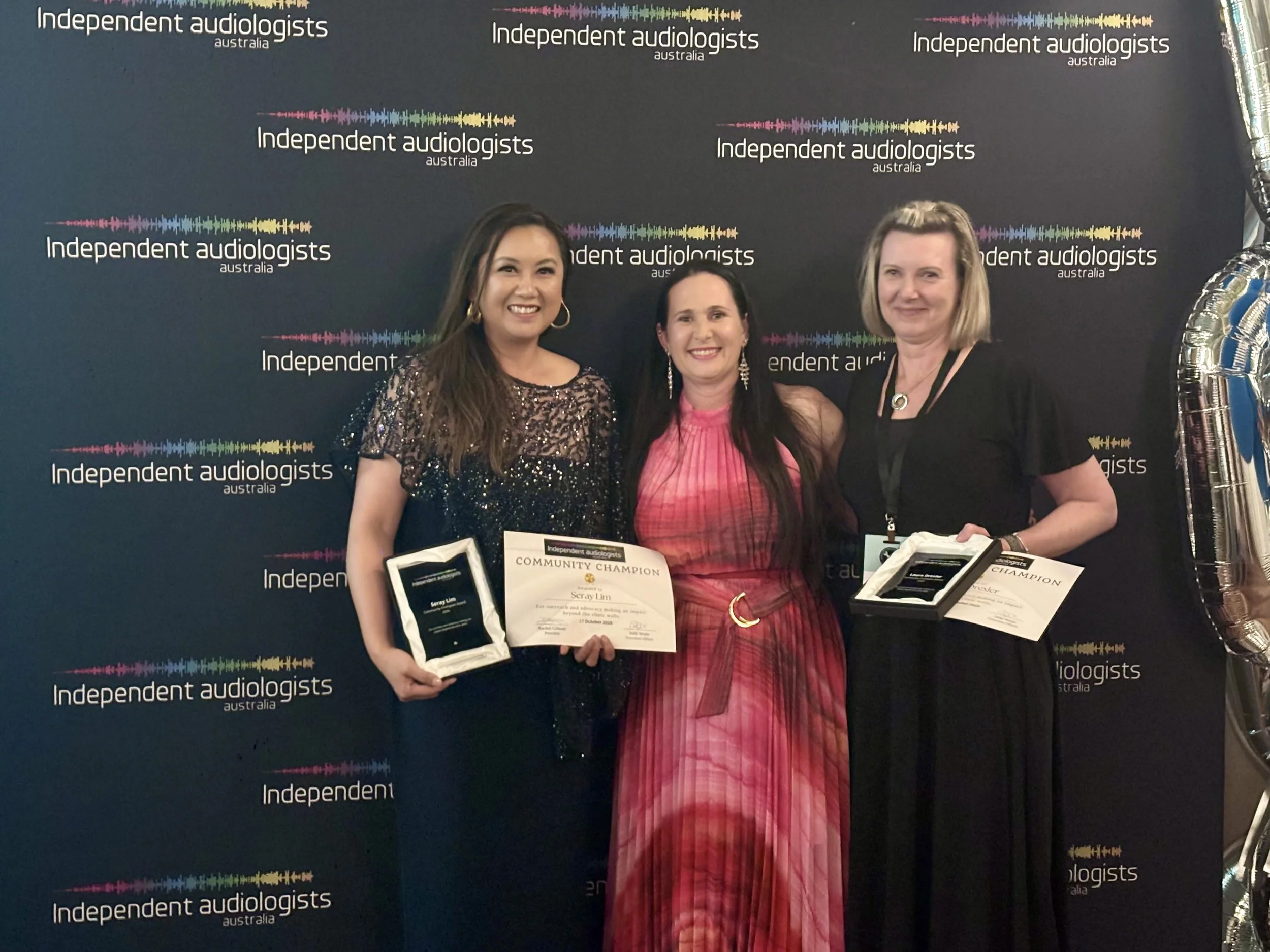
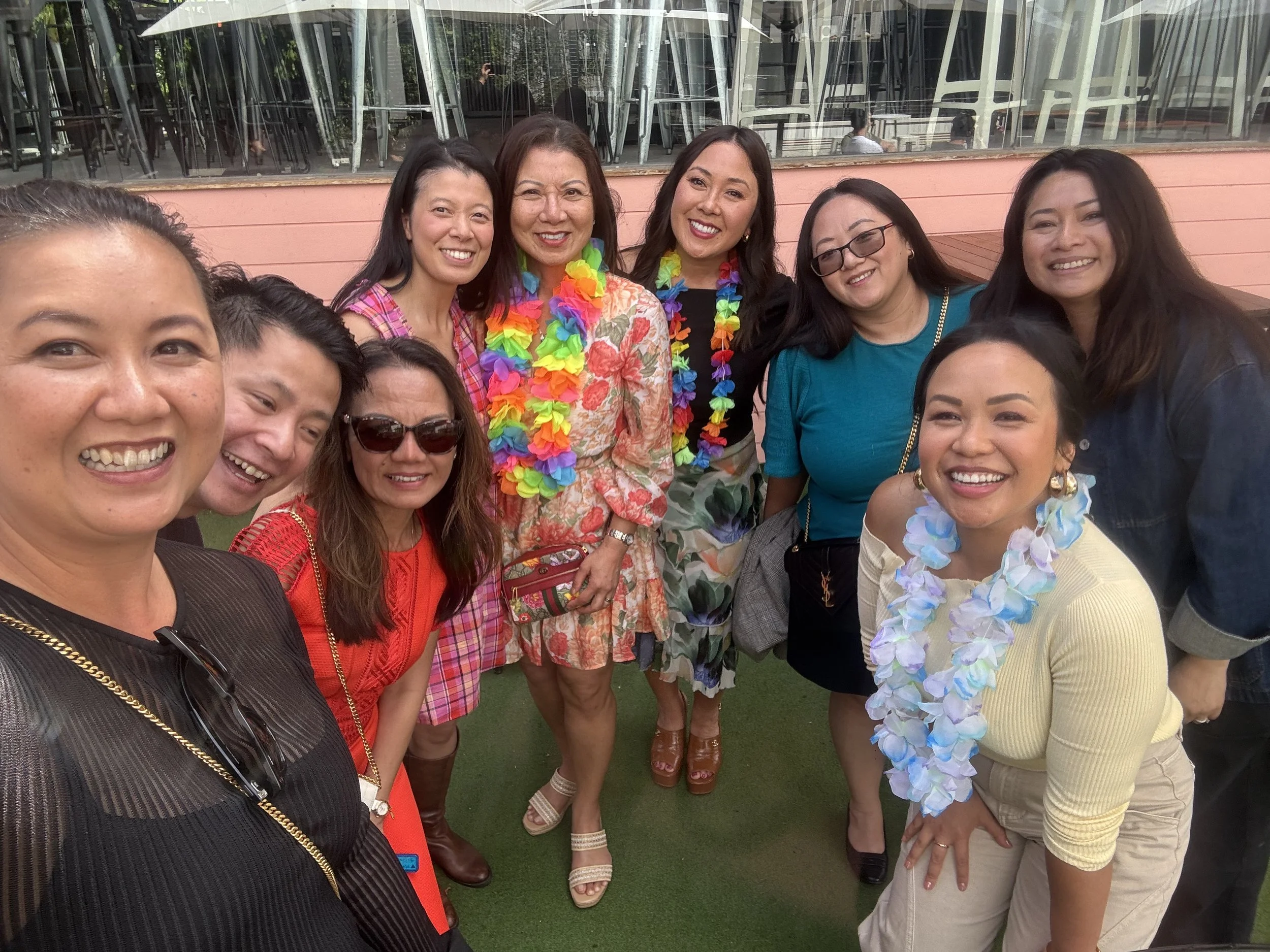
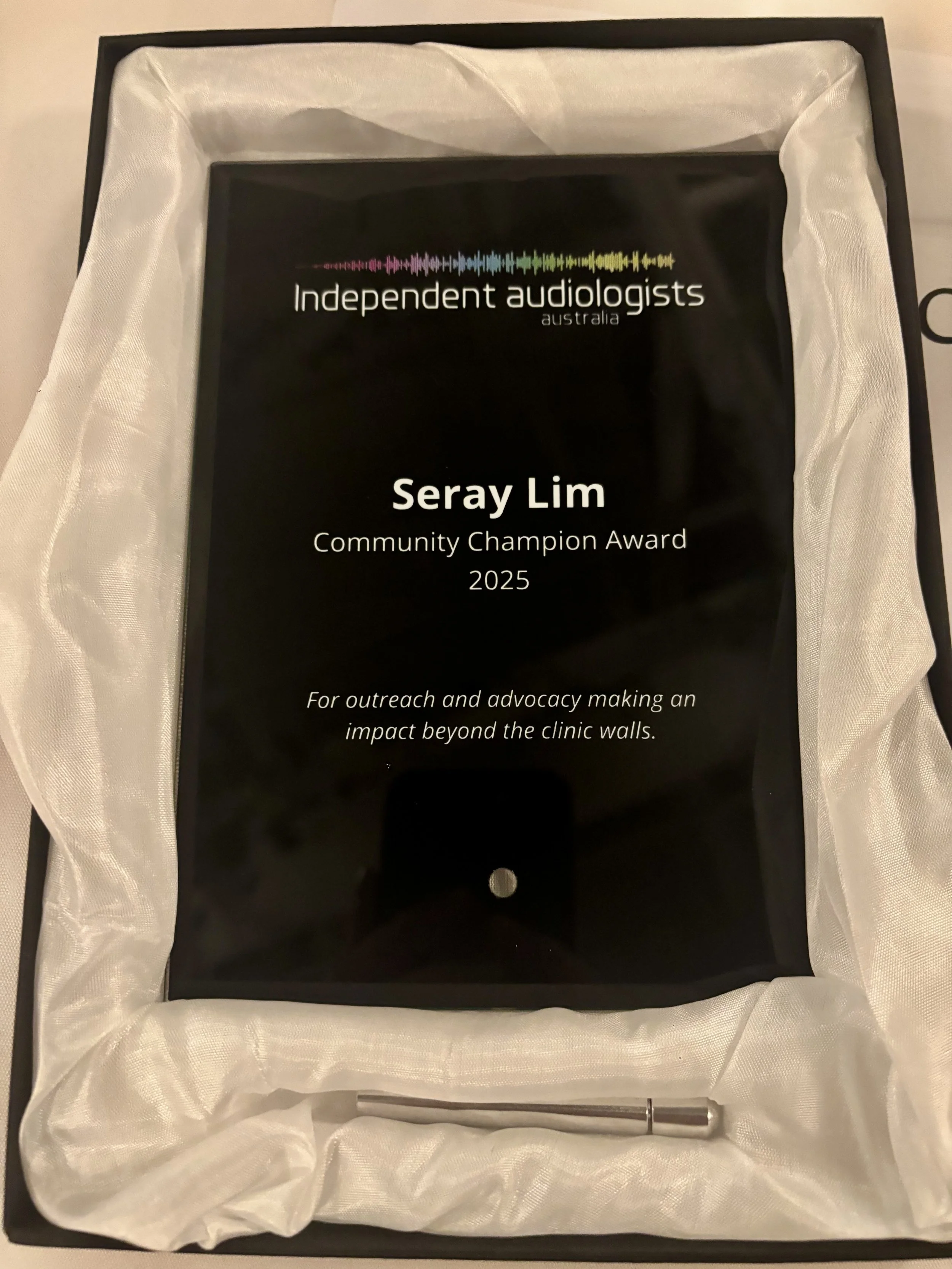
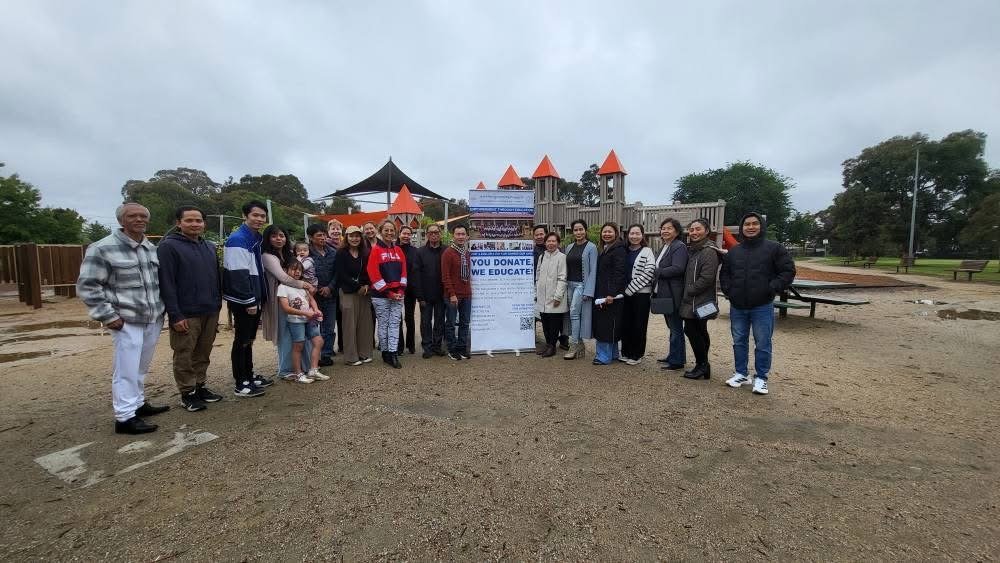
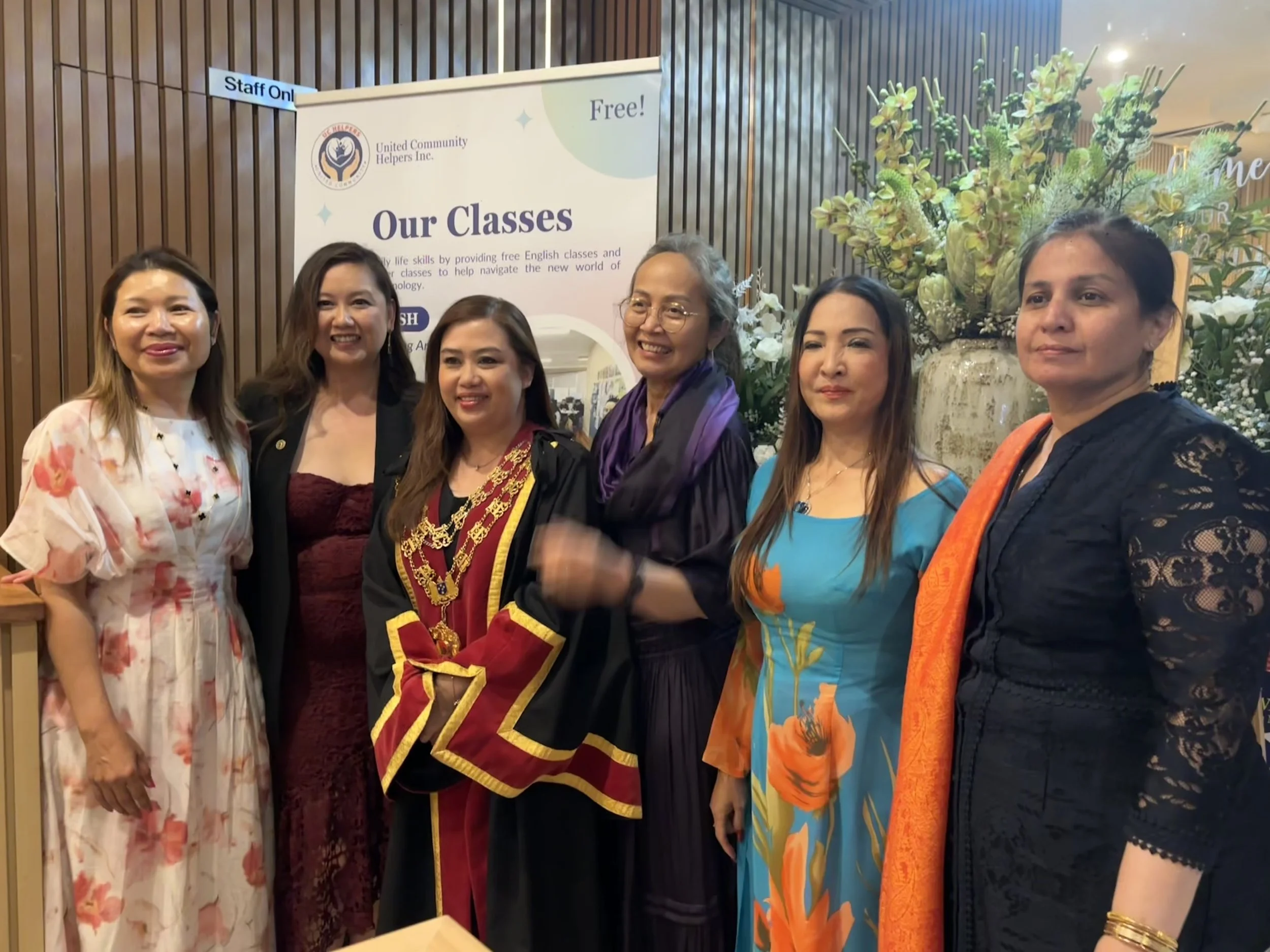
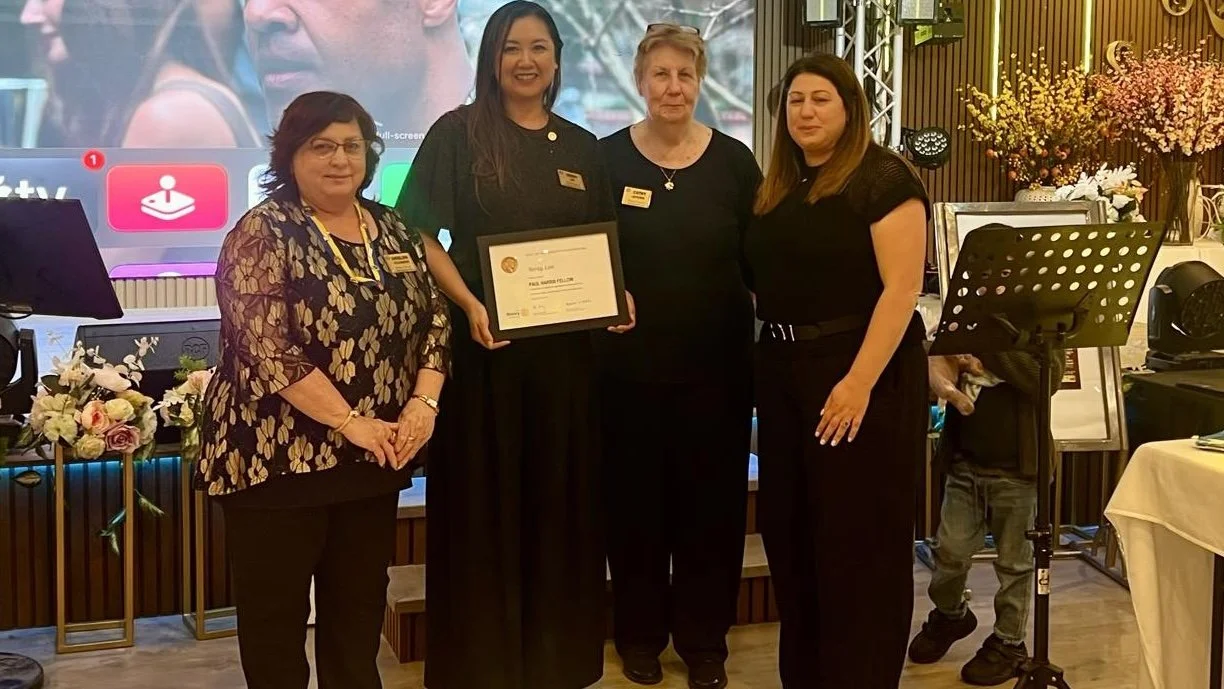
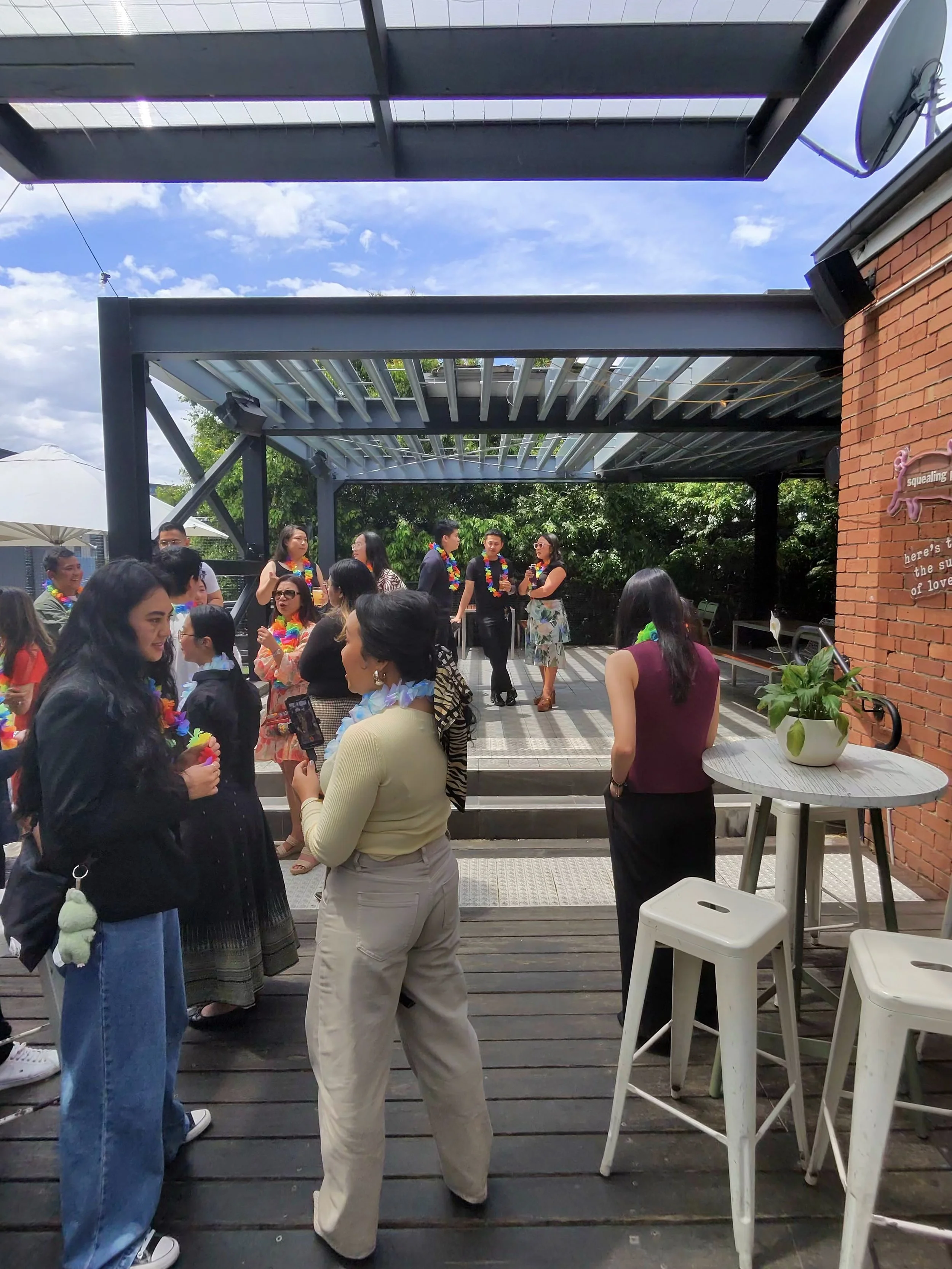
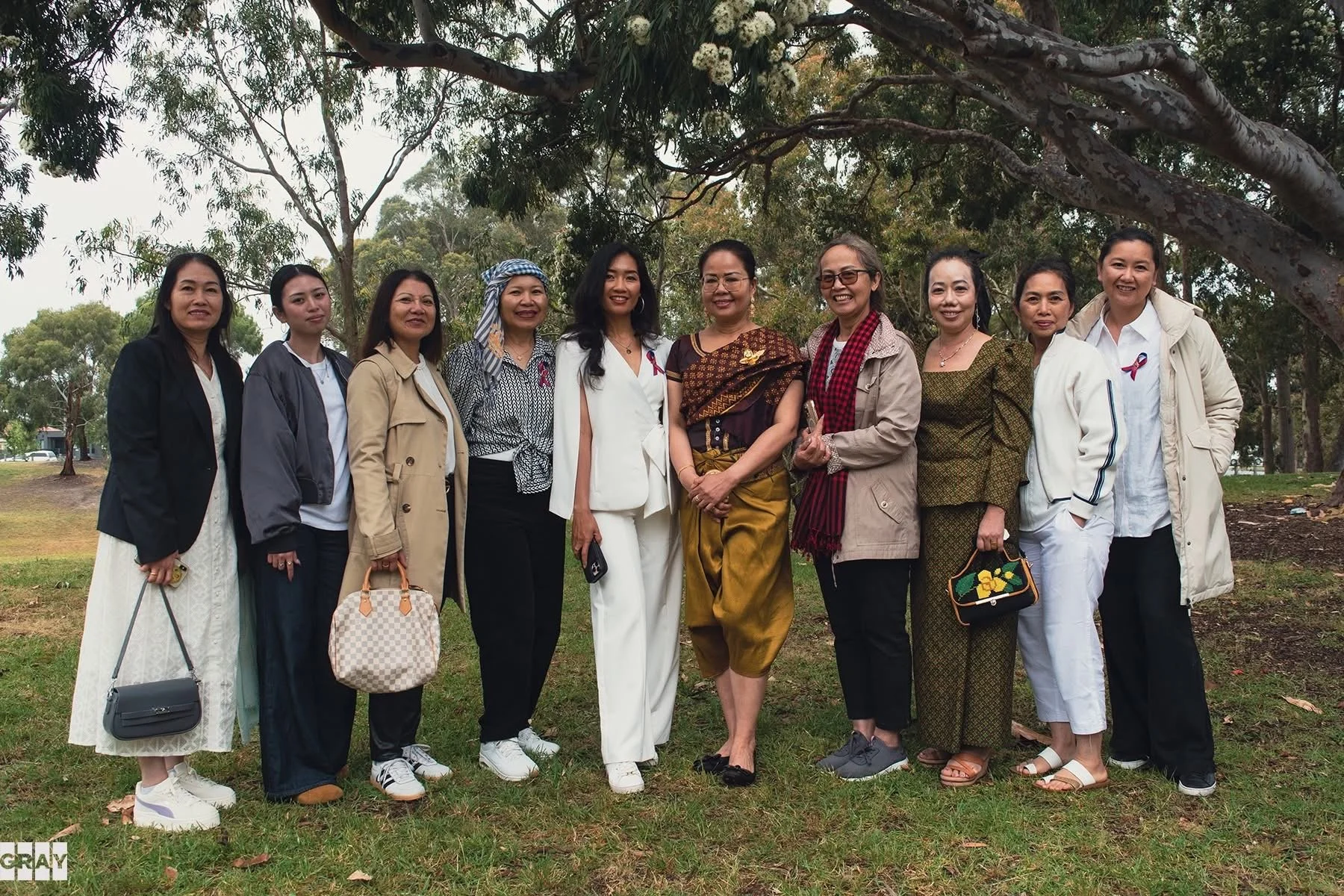
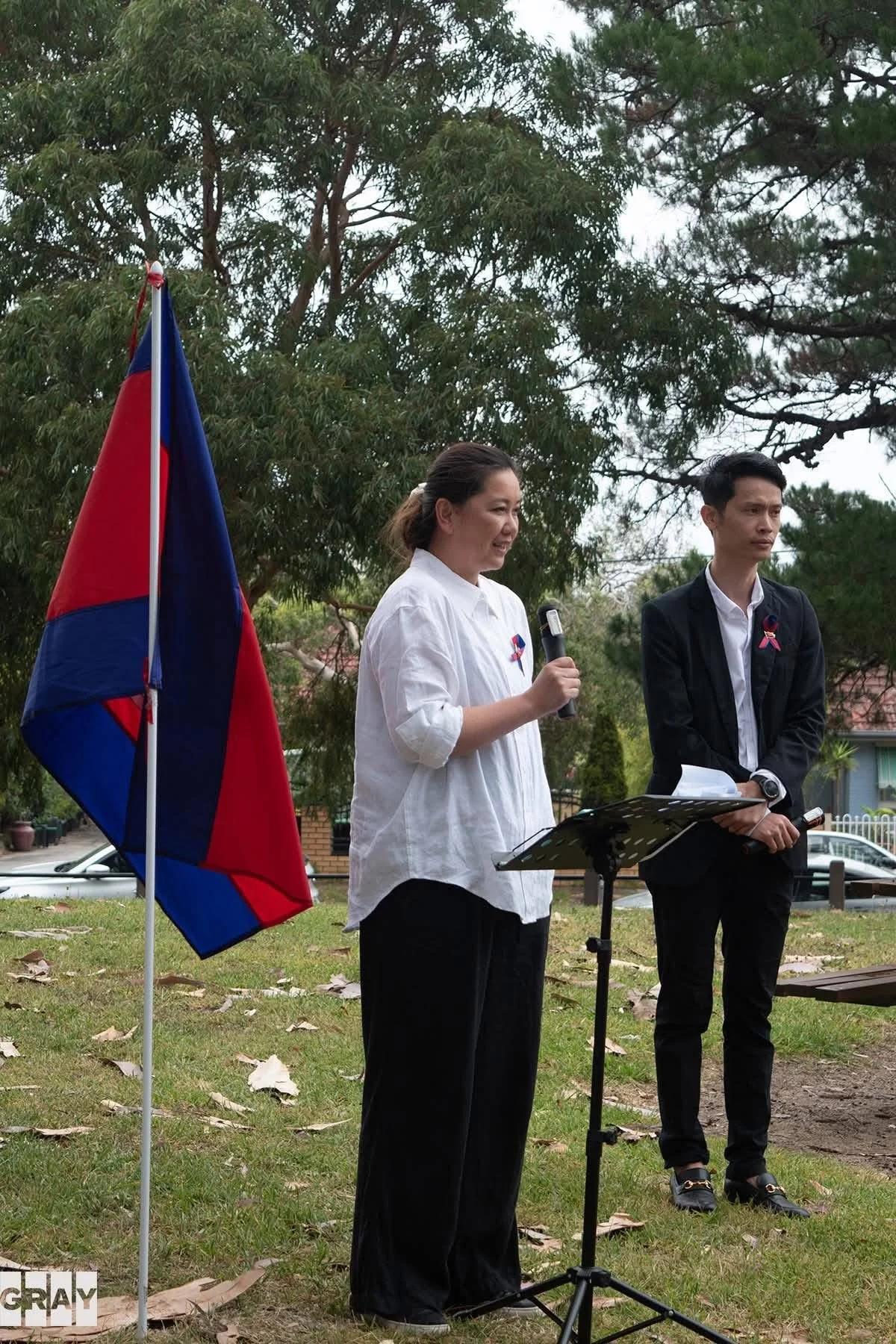
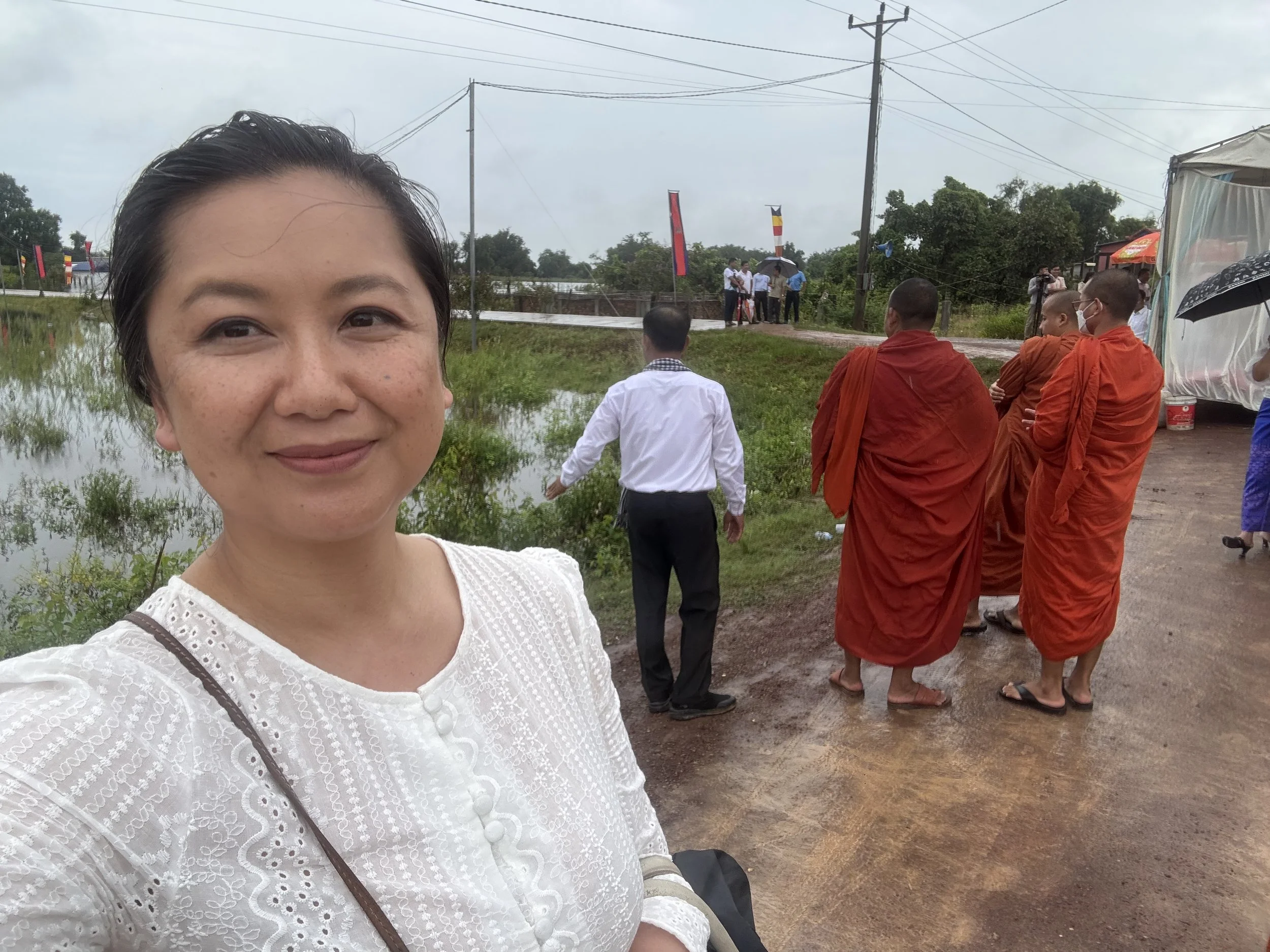
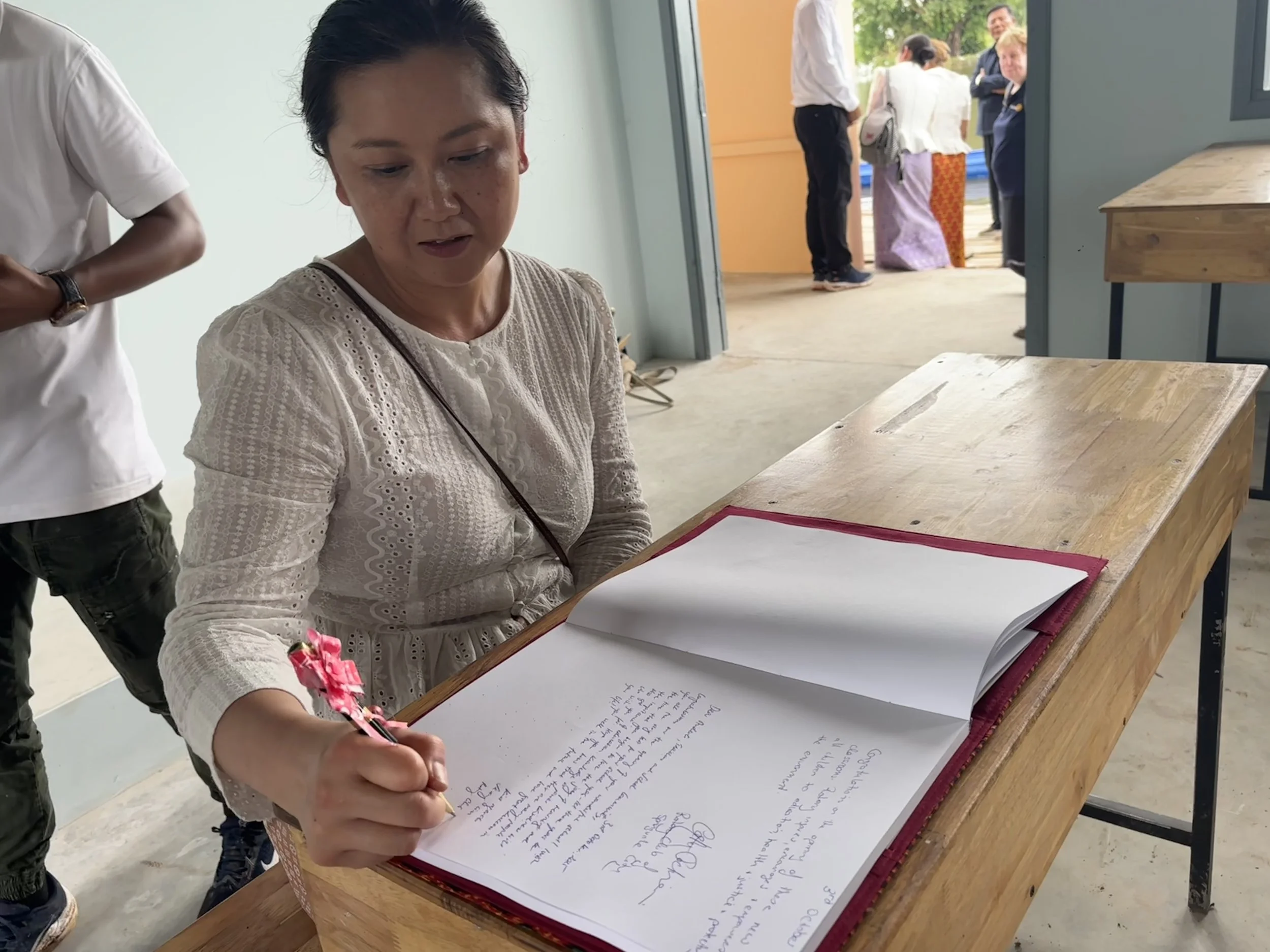
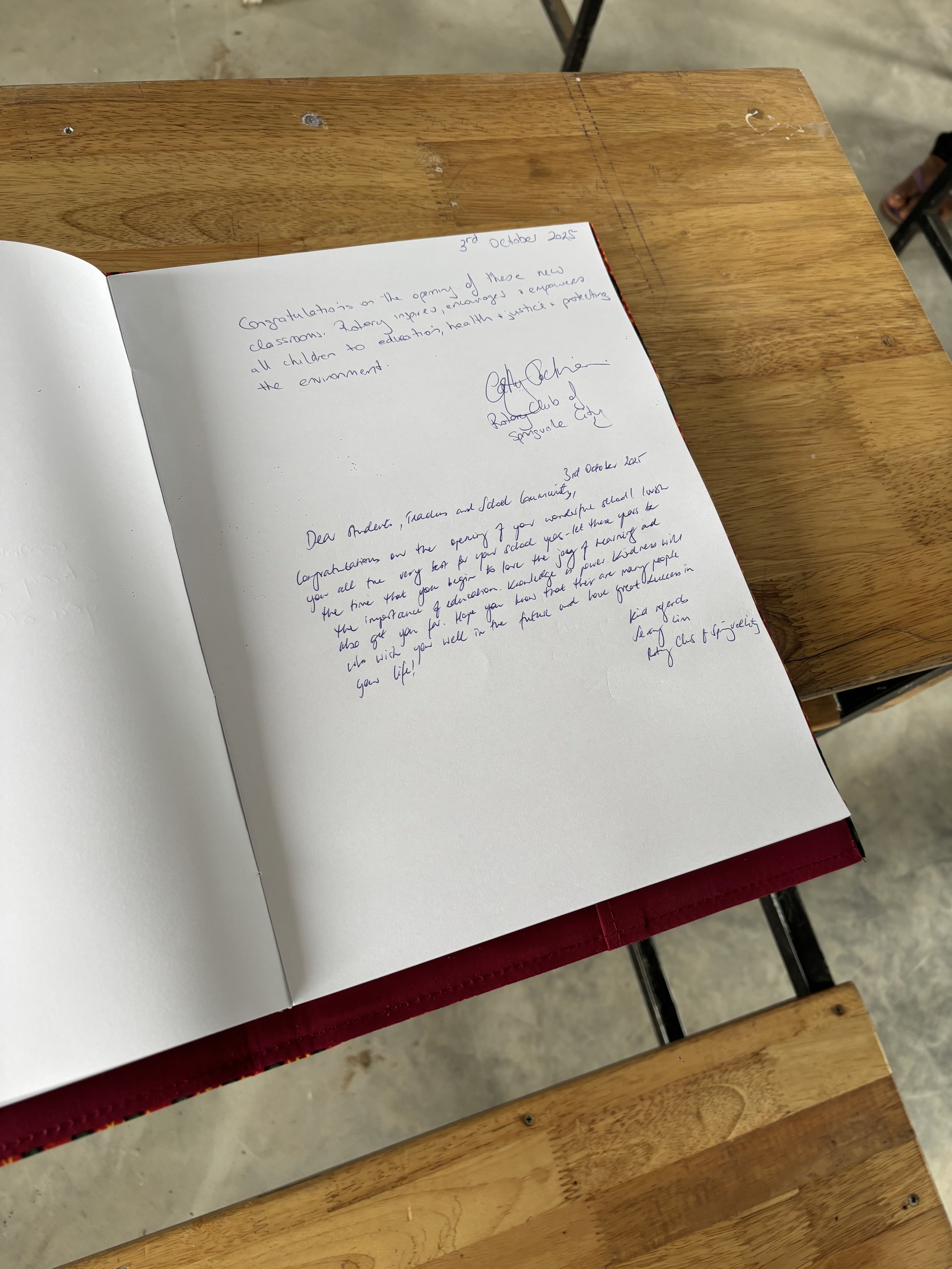
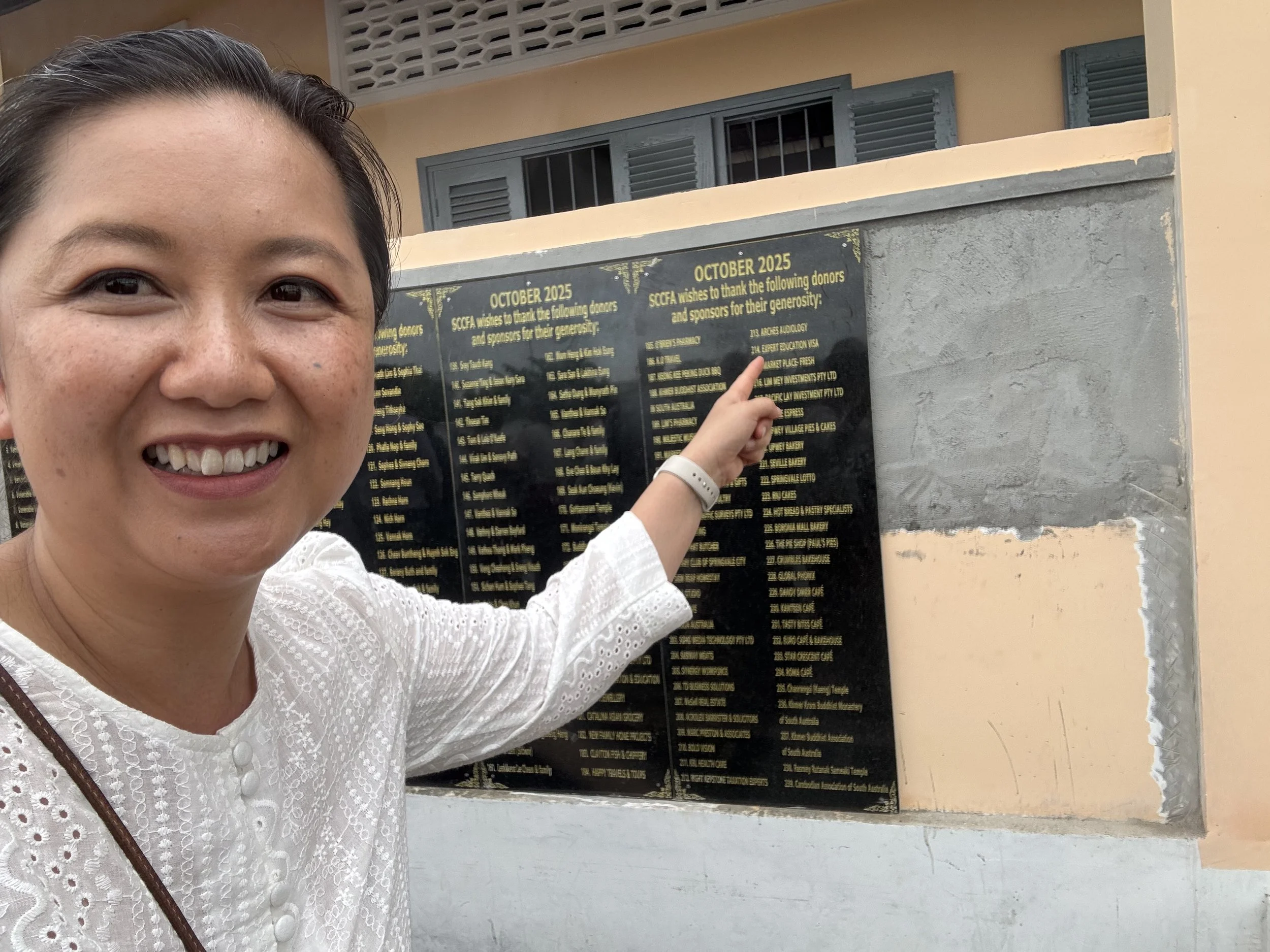

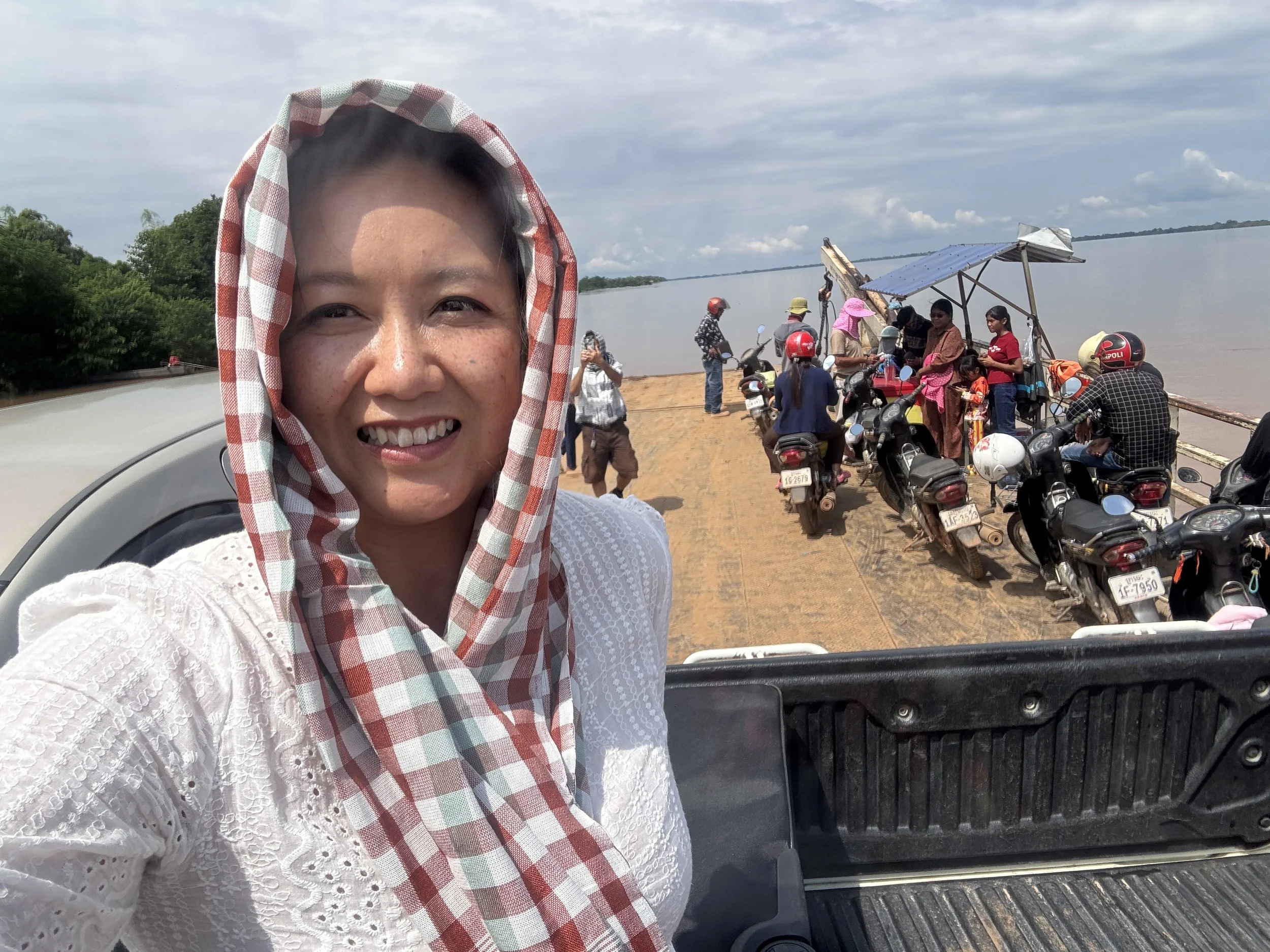
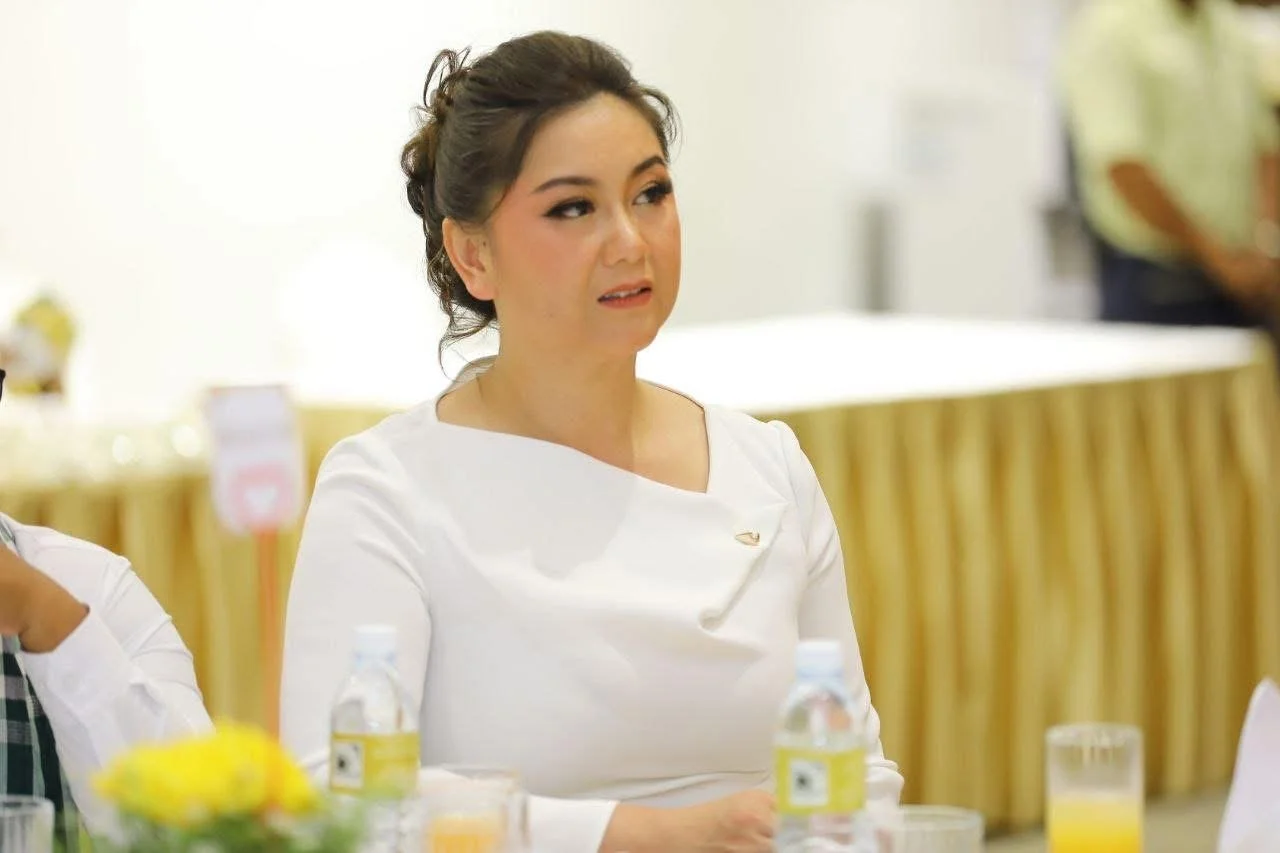
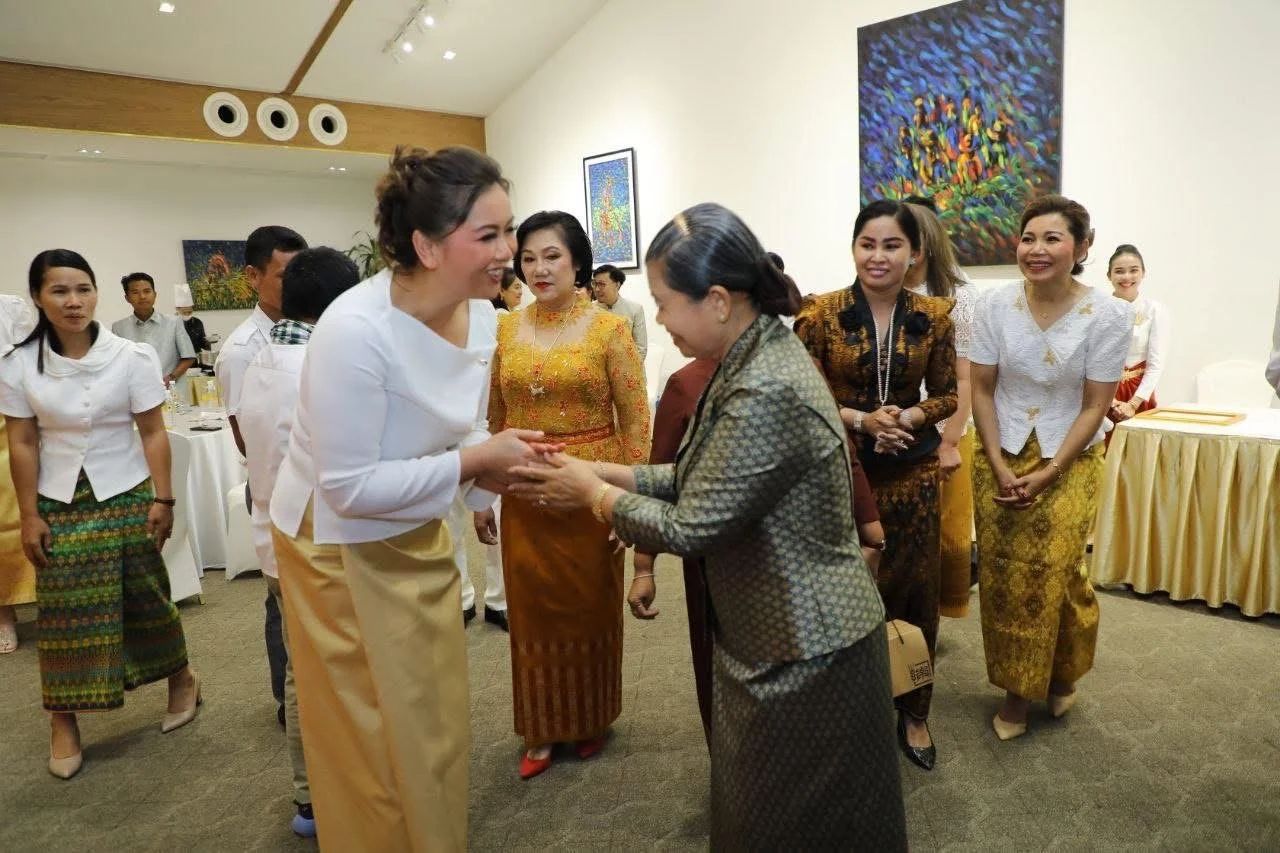
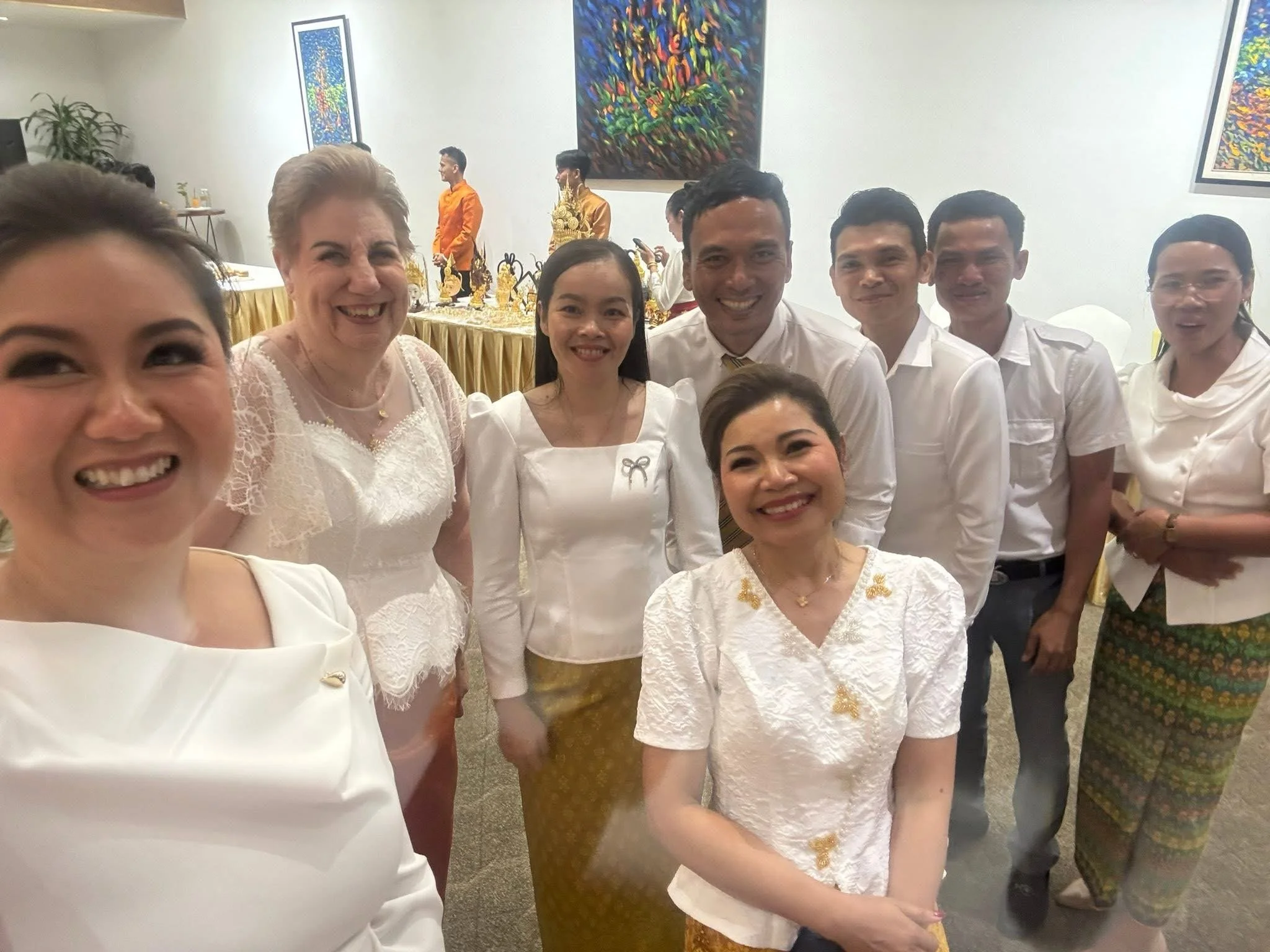

















Arches Audiology Founder/Director/Clinical Audiologist, Seray Lim, has featured in the latest Hearing Practitioner News Magazine.
Seray’s passion of helping people achieve their goals and reaching their fullest potential extends beyond the audiogram - beyond working out the softest level that one can hear at different pure tones - it extends to one’s ability to follow speech in background noise and to have meaningful conversations and exchanges in complex listening environments. In Australia and overseas, starting with Cambodia, followed by Vietnam…
The auditory system: the hearing pathway, the listening pathway, the auditory memory pathway, it is a complex system; and that is why you see complex patients. And unfortunately, for some people, the hearing aid alone approach does not cut it. That is why as an APD Specialist, Seray feels great responsibility to increase awareness of auditory processing skills and auditory processing disorder. She offers APD evaluations and therapy (based on Jack Katz ‘The Buffalo Model’ approach to APD) as well as hearing aids, remote mic solutions and workplace/classroom solutions.
The volunteer work she does as a member of the Rotary Club of Springvale City and now as part of Rotary’s Recycled Sound Program, is not because she doesn’t value her worth or time, it is because she believes that YOU CAN BE THE CHANGE YOU WANT TO SEE IN THE WORLD.
She sees a world where people are tolerant, kind, accepting, accessible/friendly, and that all environments are ‘user-friendly’/low barriers (UX is another area of interest she has, alongside Bikram Yoga and Triathlons).
Click on the link here to find out about her recent trip to Cambodia and what her hopes are for Recycled Sound Program.